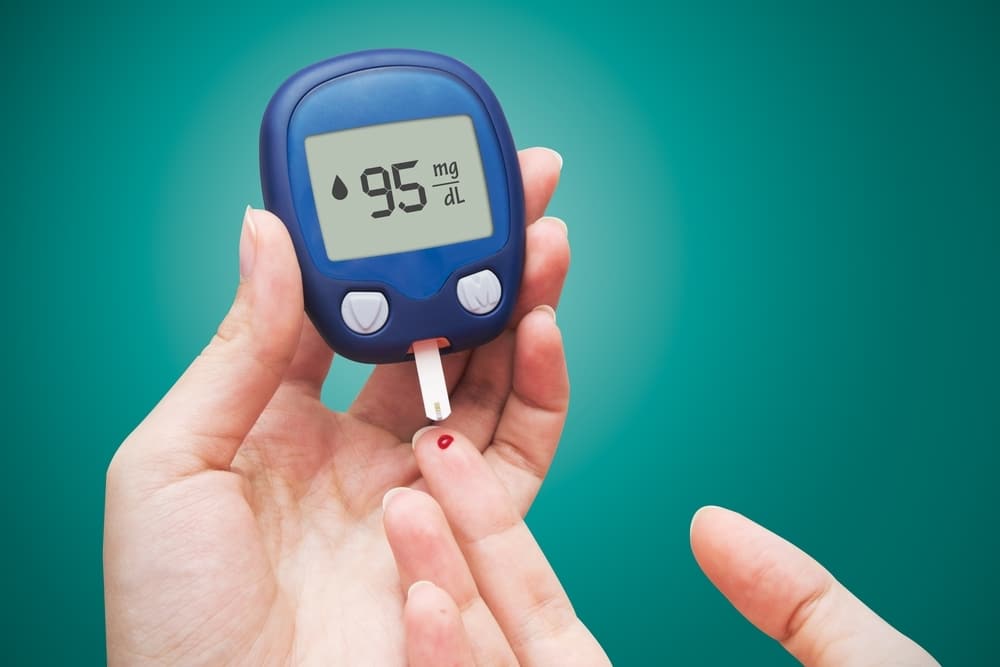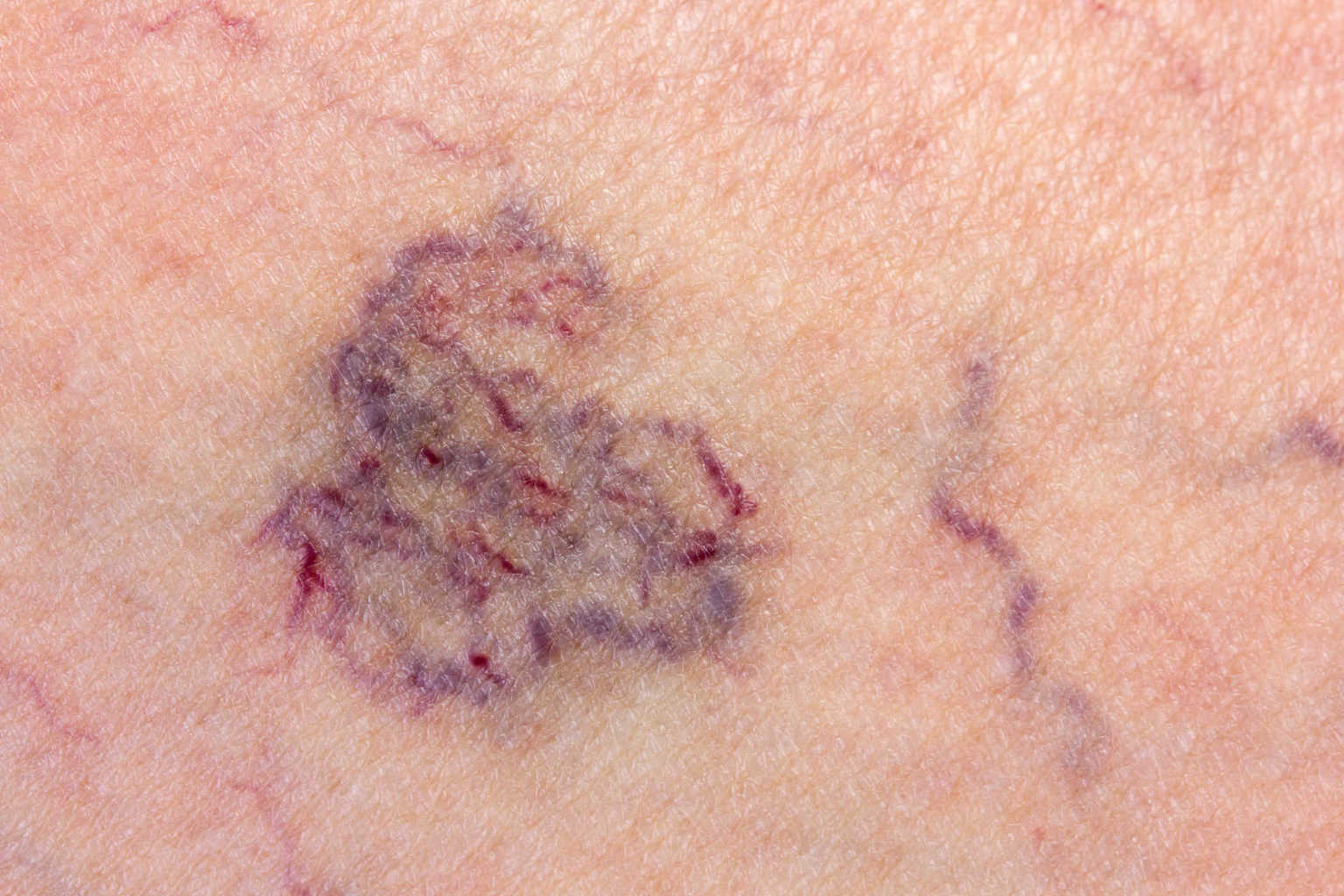Contents:
- Medical Video: Five Signs That Could be Symptoms of Diabetes
- What are the causes of prediabetes?
- What are the initial symptoms of prediabetes?
- What to do if you have prediabetes
- 1. Lose weight
- 2. Reduce your carbohydrate intake
- 3. Do a diabetes diet
- 4. Physical activity
Medical Video: Five Signs That Could be Symptoms of Diabetes
Prediabetes is an early warning of diabetes. This condition occurs when blood sugar levels start to exceed normal limits, but not too high to be categorized as diabetes.
If it is not immediately anticipated, the condition of prediabetes can be diabetes which is very prone to complications of various dangerous diseases such as heart disease, blood vessels, kidneys, nerves, and eyes. That is why, recognize the early signs of prediabetes early to reduce the risk of developing diabetes completely.
What are the causes of prediabetes?
Until now the exact cause of prediabetes is still unknown. However, experts believe that genetic factors and family history play an important role in the occurrence of prediabates.
In addition, prediabetes is often triggered due to unhealthy daily diet, such as high sugar, high calories, high fat, and less fiber. Lack of physical activity - or rarely move and exercise can also be a contributing factor to this condition.
Someone who has prediabetes makes his body unable to use insulin effectively. Sometimes this causes too much sugar to circulate in the bloodstream. Now, high blood sugar levels can cause serious health complications, especially damage to blood vessels, heart and kidneys.
What are the initial symptoms of prediabetes?
Most people don't realize if they are experiencing one of the symptoms of prediabetes. In most cases, when a person begins to become aware of symptoms, the condition has developed into type 2 diabetes.
But, there are some of the most common symptoms that could be an early indication of prediabetes, namely:
- Very thirsty
- Frequent urination
- Blurred vision
- Very fatigue
If you experience one of the conditions mentioned above, you must be vigilant. Especially if you have a family history of diabetes and high blood pressure and being overweight. Immediately check your blood sugar levels to confirm this condition.
What to do if you have prediabetes
Prediabetes sufferers have a greater risk of developing it type 2 diabetes. Even so, by anticipating and handling the right risks this can be minimized.
Applying a healthy lifestyle is one way to prevent diabetes complications more serious. There are several lifestyle changes you can make, including:
1. Lose weight
Studies have shown that simple weight loss - 5 percent to 7 percent of your body weight - can prevent or delay the development of diabetes. For example, if you are a person who weighs 90 kilograms, losing about 10 kilograms of your initial body weight can help reduce your risk of developing diabetes.
2. Reduce your carbohydrate intake
Carbohydrates are nutrients that most affect blood sugar in the body. You can reduce blood sugar and lose weight by eating less carbohydrates.
Avoid eating refined carbohydrates, such as white bread, pasta, rice, and chips, soda, and other types of foods or drinks that are rich in sugar. Instead, multiply the intake of non-starch foods such as grains, wheat, peas, corn, potatoes, wheat, brown rice, and kidney beans.
3. Do a diabetes diet
The principle of a diabetic diet is basically how you manage a balanced portion of nutritional and nutritional needs so as not to make blood sugar levels soar quickly. Reduce foods that contain high sugar, and choose low-calorie and sugar-free sweeteners to prevent diabetes and control calorie intake.
Don't forget, also pay attention to the food portion. Consult your doctor or nutritionist first to help find out your daily nutritional needs.
4. Physical activity
Physical activity not only helps keep your weight under control, but also helps you make better use of insulin. Insulin is a natural hormone in the body that functions to convert glucose into energy.
In addition, this hormone also plays a role to help control blood sugar levels (glucose) in the body. You can do cardio or weight training regularly at least 3 times a week for 30 to 45 minutes. If you don't have enough time to exercise, do simple physical activities such as walking, cycling, swimming, gardening, or anything else you like.












